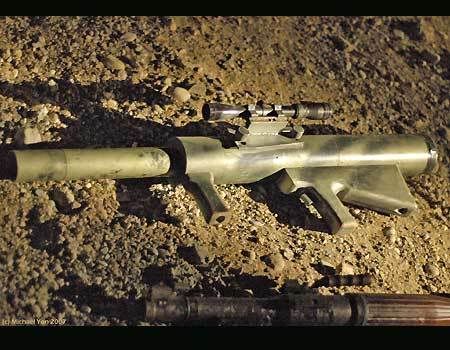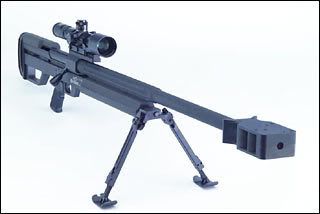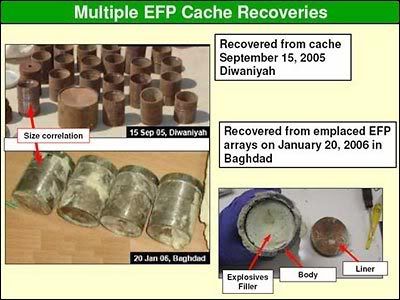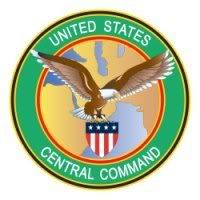There recently has been some controversy about Rep. Keith Ellison, who is a muslim, refusing to take his oath on the bible and instead opting to use a Quran. In what he thinks was a sly political move, he decides to use Thomas Jefferson's Quran. Rep. Ellison apparently is a fool because Jefferson's Quran was translated into English. If the Quran is translated into any other language, it is no longer a "holy" book. Of course if one reads the Quran, they will know there is nothing holy about it period.
You may ask, "Why did Thomas Jefferson own a Quran?" Some fools use it as apologetic towards Islam. Thomas Jefferson only purchased the Quran after reading another book that was "prejudiced" against Islam. His reading of the Quran made him realize that appeasement is never the answer. It also aided in his decisions during the Barbary Wars. Time for a history lesson kids.
Thomas Jefferson was secretary of state (1789-1793), VP (1797-1801), and President (1801-1809). He realized, even then, you cannot negotiate with terrorists.
September 11, 2001 was not America's first encounter with Islamic savages. It started in 1784 when the Barbary Pirates from Morocco captured an American ship sailing near the northern part of Africa. The ship and its contents were sold and the crew was enslaved. After paying a ransom, the crew was released and Morocco became the first nation to recognize the United States as a country and not a territory of the British.
Later in 1784, pirates based in Algeria captured two American ships. Once again, everything was sold and the crew was enslaved. The pirates wanted a ransom because the European countries paid bribes for safe passage (sound familiar?). The crews of these ships were enslaved for 11 years because we would not pay the full ransom. By 1789, 12 American ships were captured and the crews of those ships were enslaved and the kidnappings continued for several years after. These countries were part of the Ottoman Empire and also preferred the Christian hostages to do demeaning work.
The paying of ransoms led to more kidnappings. Jefferson knew this would happen, but Congress wouldn't listen. The Muslim countries harboring the pirates declared war on America when we weren't making payments as demanded. American merchants needed protection sailing near the north of Africa. George Washington finally listened to Jefferson and supported the idea of ending "tribute" payments. This led to the creation of the United States Navy in March 1794. After Jefferson's presidential inauguration, the Pasha of Tripoli wanted $225,000. Jefferson refused to pay the "tribute", Tripoli declared war on us, and in 1801 the American Navy was ready to go and the First Barbary War ensued. The United States Marine Corps acts during the wars is noted in the USMC hymn, "from the halls of Montezuma, to the shores of Tripoli".
After the war of 1812, the Barbary pirate states, thinking our military was too depleted to fight them again, decided to go after American ships. We once again paid ransom for the return of the crews until 1815, which began the Second Barbary war. This war didn't last long because some European countries become involved and finished the war.
Here are some quotes from Jefferson regarding the Barbary wars,
"I acknowledge I very early thought it would be best to effect a peace thro' the medium of war."
"it will be more easy to raise ships and men to fight these pirates into reason, than money to bribe them."
He was a man who was truly understood the kind of people we are dealing with. Apparently, democrats are not fans of American history. They have consistently urged appeasement towards our nations enemies. From Hitler, the Communists, and to the muslim savages they think negotiations is the answer.






















